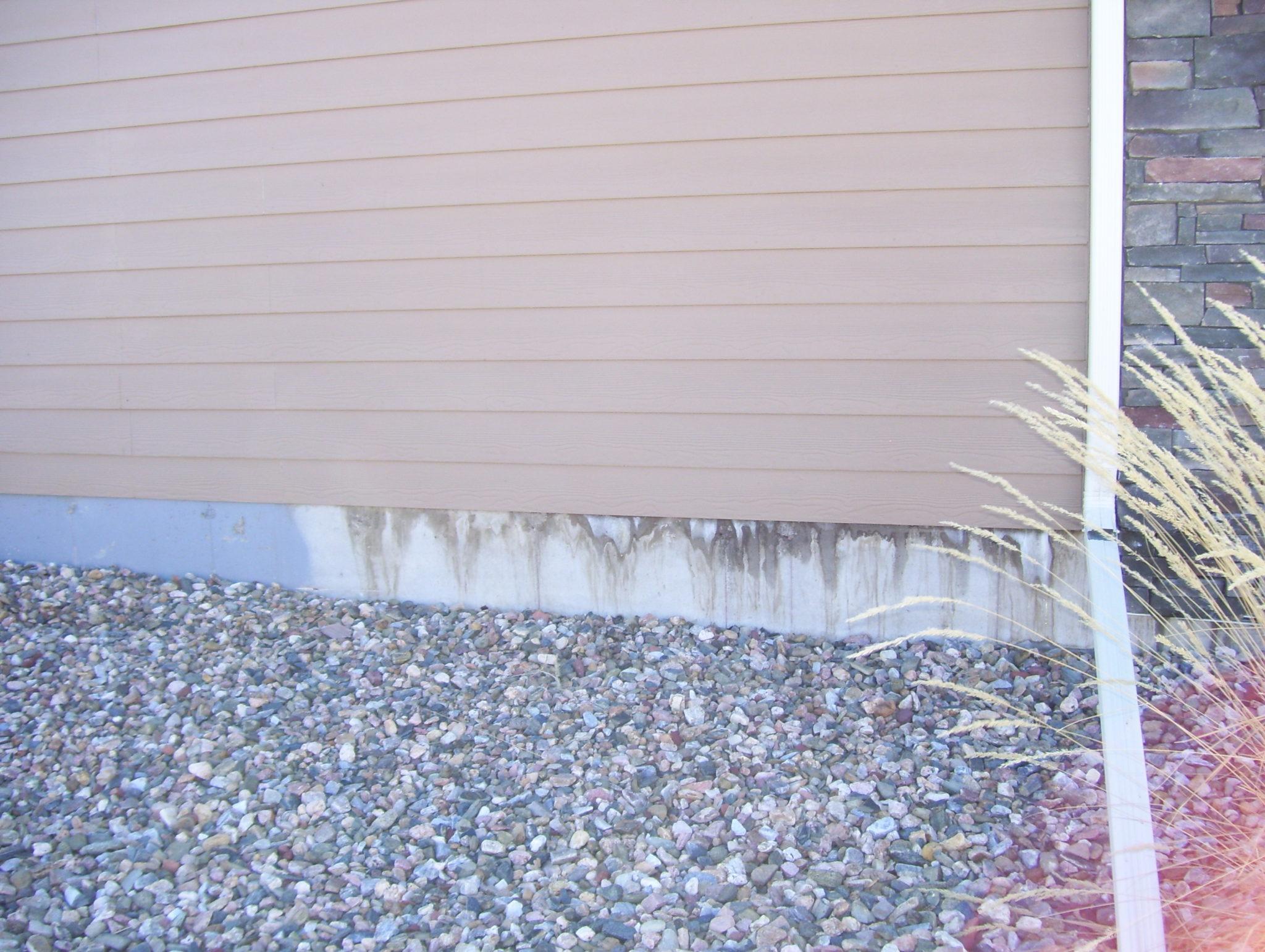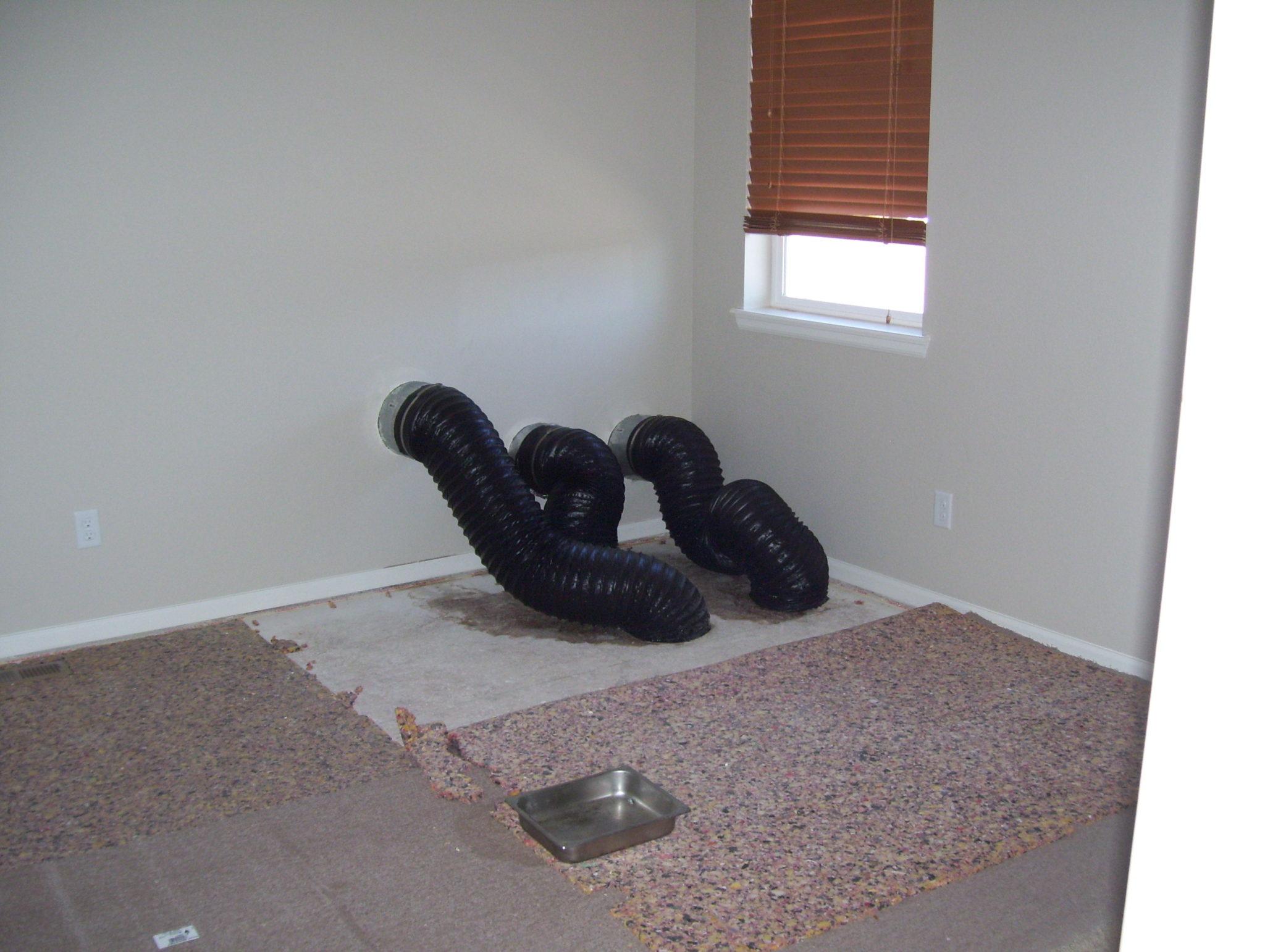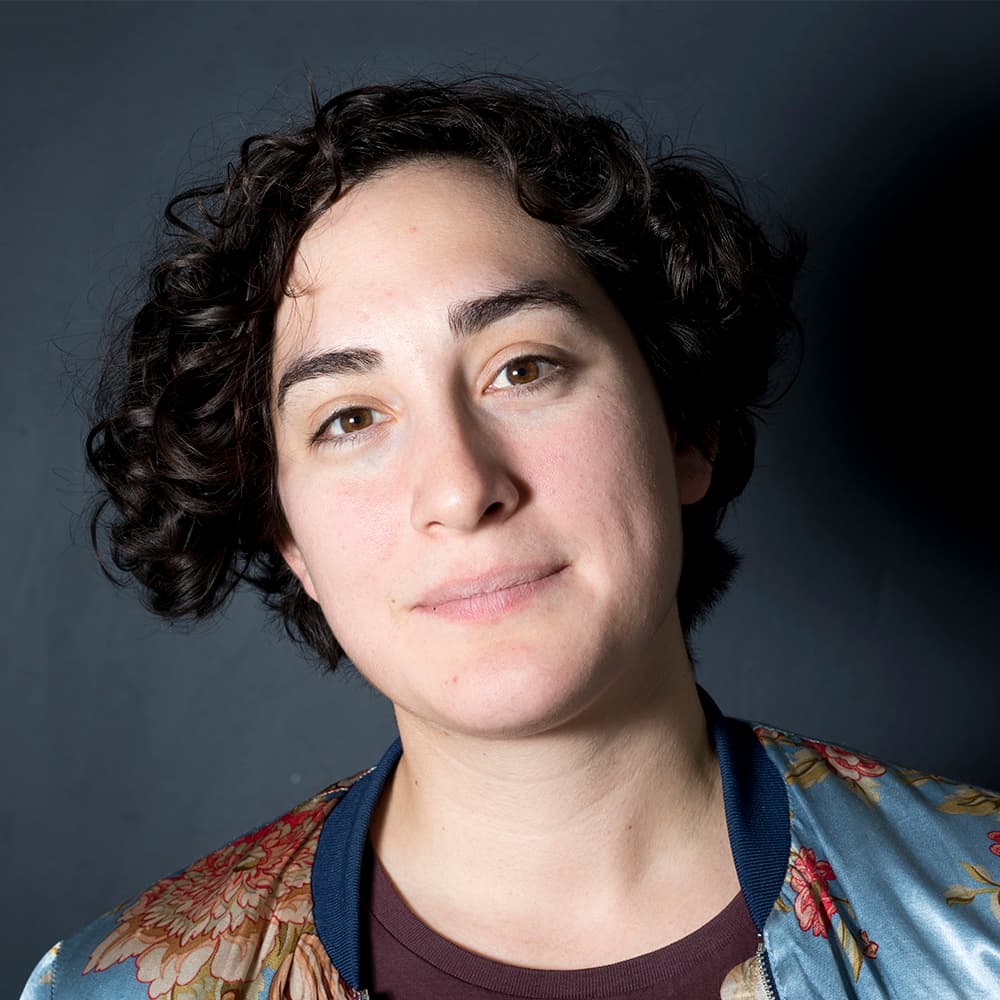
Colorado Springs Police Department Detective Adam Hughes hasn't been to a home methamphetamine lab in two years. He has, however, seen the proliferation of residential marijuana cultivation.
That's why he called these grow homes the "new meth houses in Colorado neighborhoods" in a presentation at the Denver Metro Association of Realtors headquarters Tuesday, saying that his opinion is "based on the destruction that they're causing with the molds and the chemicals they're using."
The problem stems from how many more plants Colorado allows people to grow in their homes, Hughes said. By January 2017, there will be a limit of 99 plants for medical caregivers. But that's still far more than other states, like Oregon, where six plants is the limit.
And so, since 2014 "there has been a noticeable increase in organized networks of sophisticated residential grows in Colorado that are orchestrated and operated by drug trafficking organizations," according to a DEA report.
"There is not a neighborhood in Colorado that is immune to this. If they can grow marijuana, they will grow it," Hughes said. "We're talking about tens of thousands of homes out here. ... and it affects home values."
You've probably already heard that growing marijuana uses a lot of electricity, and Hughes had plenty of horror stories of overloaded breakers -- "They plug in as much stuff as they can."
But personally, I didn't think about just how moist the grow process is.
"I went to a brand new house, guy been growing there for six months, the interior walls were sagging because they was so much moisture," Hughes said.

There are also just random holes in these houses since growers are trying to keep the plants ventilated.

And to hear Hughes tell it, many of the people who are tearing up homes to grow marijuana are renters, not owners. One clue is that these renters sometimes pay their rent in cash, and sometimes months in advance
Kevin Merrill, assistant special agent in charge with the DEA for Denver, added that people interested in cultivating marijuana sometimes buy multiple houses on the same block.
"They will go in and rent six homes in the same street. Imagine what that does if you happen to be home number seven or eight," he said. "We believe, probably in the next two to three years, you're going to see localized depressed real estate markets as a result of these."












